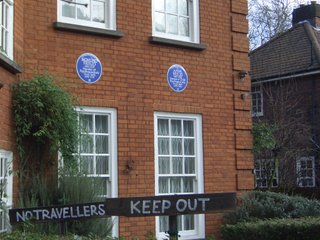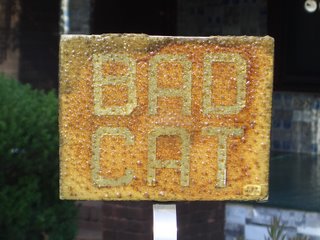Chair in Early Modern History
 UNIVERSITY OF WALES, BANGOR
UNIVERSITY OF WALES, BANGORCOLLEGE OF ARTS & HUMANITIES
SCHOOL OF HISTORY, WELSH HISTORY & ARCHAEOLOGY
Chair in Early Modern History / Director of the Institute of Medieval and Early Modern Studies
Salary negotiable in Professorial Range
Applications are invited from candidates with a proven record of research achievement in any aspect of European, American, British or Welsh history, 1450-1750, and with the skills and enthusiasm to serve as the first Director of the Institute for Medieval and Early Modern Studies (IMEMS), which is one of four collaborations created by the Research and Enterprise Partnership between the University of Wales, Aberystwyth and the University of Wales, Bangor. The successful candidate will be Director of IMEMS for three years and will also be appointed to a concurrent, permanent chair in the School of History, Welsh History and Archaeology at Bangor. During the tenure of the Directorship, the teaching and administrative work load associated with this professorship will be reduced but after 2010, the successful candidate‚s role as professor will be full-time in the School at Bangor, with the attendant duties of publication, research leadership, undergraduate teaching and post-graduate supervision.
Directing the institute will include developing a research and publicity strategy for this new venture; encouraging inter-institutional and interdisciplinary collaboration between scholars of the pre-modern period at Bangor, Aberystwyth and beyond; helping to shape conferences, networks and research projects for external funding; building links with libraries, archives and university departments across the UK and overseas; and helping to establish a joint MA (Bangor-Aberystwyth) in medieval and early modern studies. The director will be helped to achieve these goals by the management board and other members of IMEMS, by the Research and Enterprise Partnership, and by the research support infrastructure of the College of Arts and Humanities at Bangor.
The successful candidate will commence in September, 2007, or as soon as possible thereafter.
Application forms and further particulars should be obtained by contacting Human Resources, University of Wales, Bangor; tel: (01248) 382926/388132; e-mail:
Closing date for applications: Friday 30th March, 2007.
[this from the London Renaissance Seminar]
































